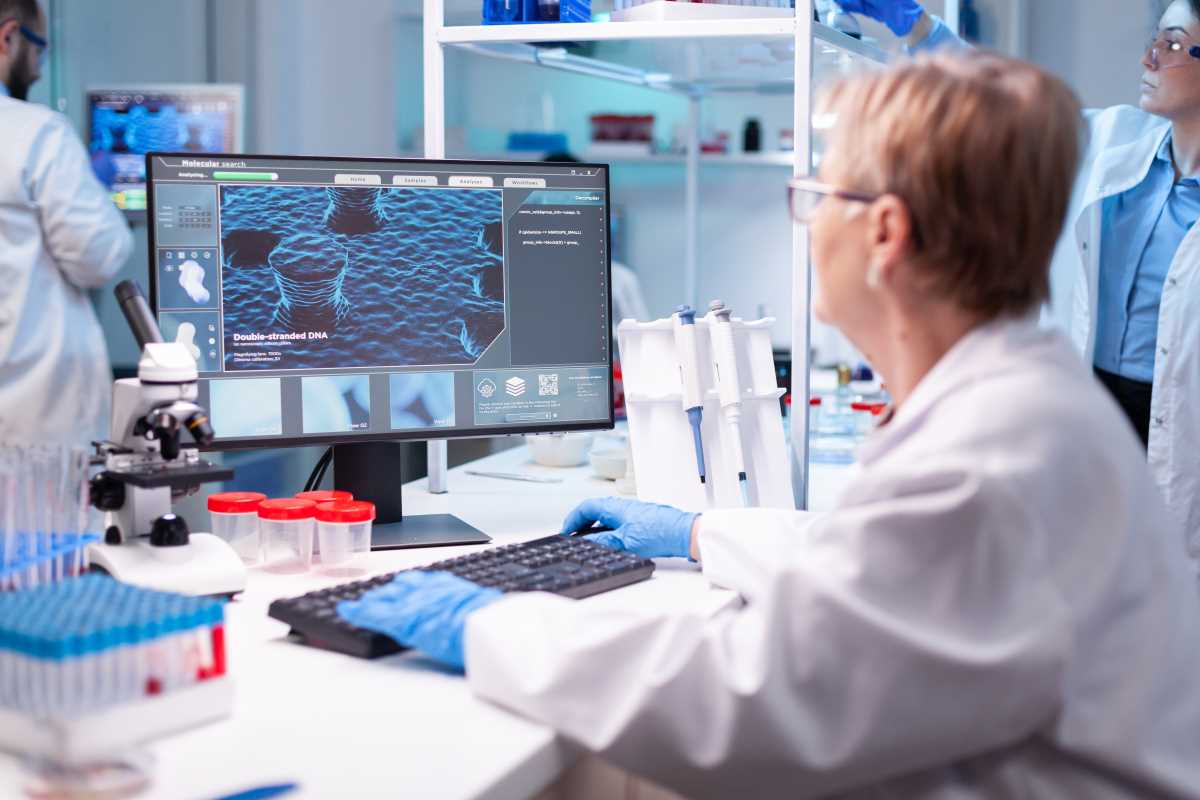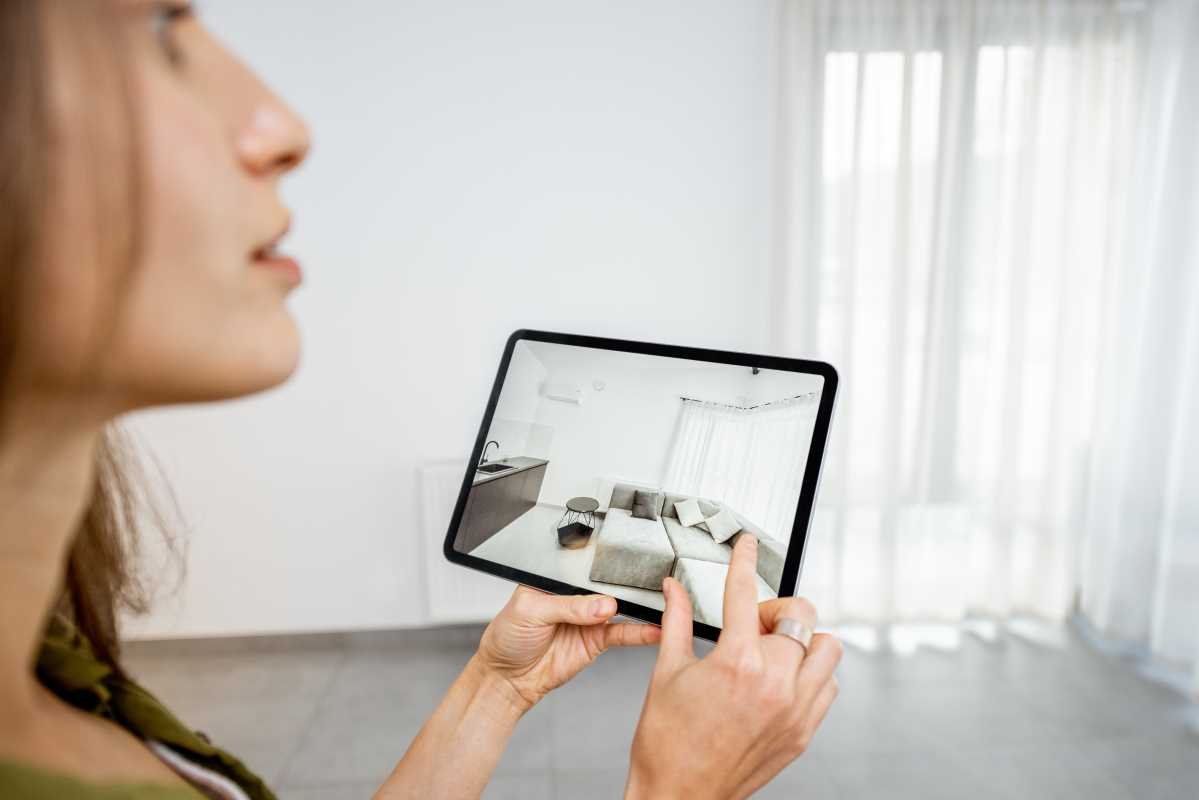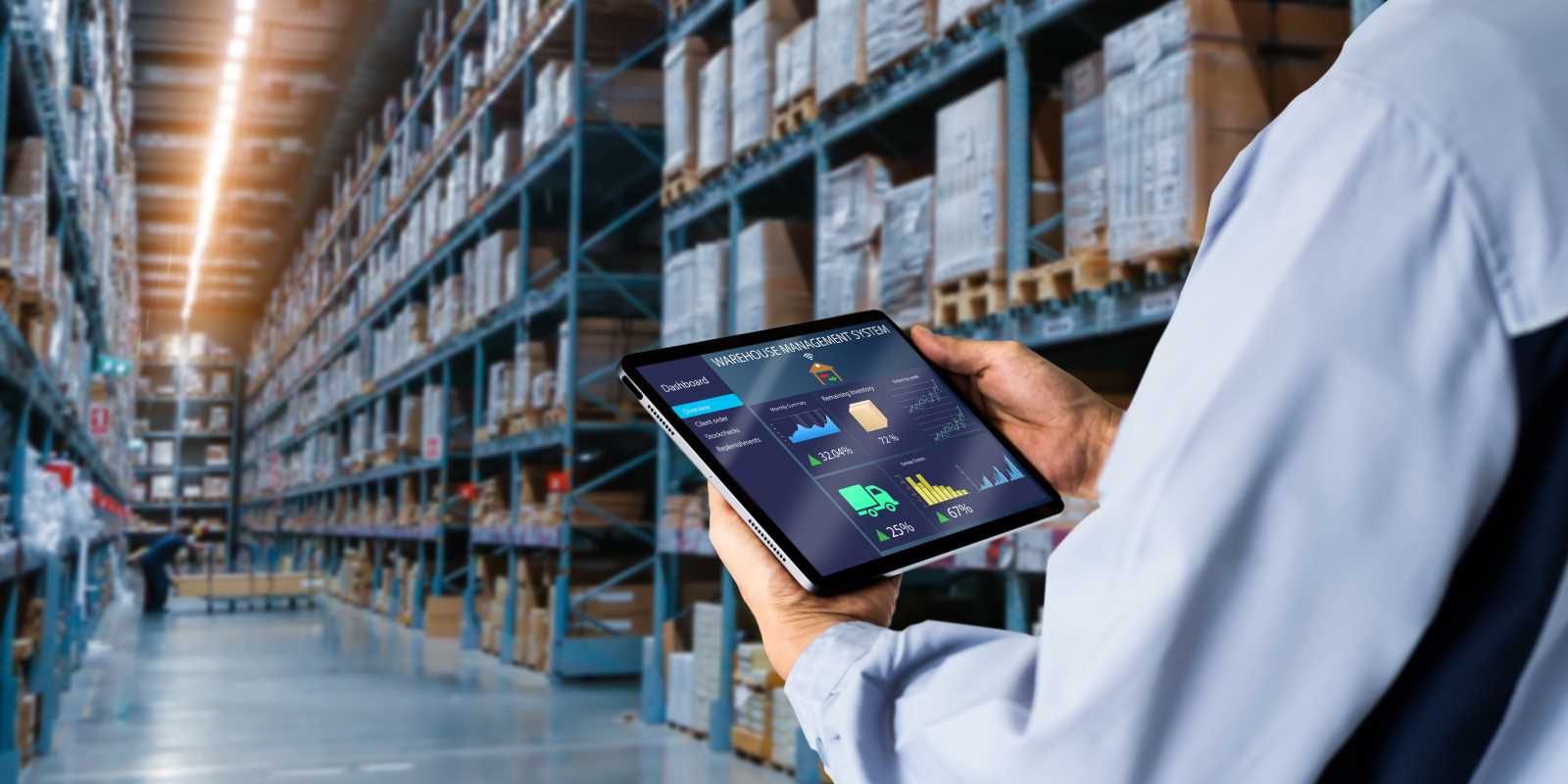The world of healthcare is undergoing a remarkable transformation as pioneering innovations revolutionize patient care, refine operational efficiency, and increase the accessibility of medical services like never before. Whether it's through virtual consultations that connect patients and doctors across distances or personalized treatments tailored to individual needs, these advancements are redefining the way we experience healthcare. They paint an optimistic picture of a future where high-quality care becomes universally attainable, bridging gaps and ensuring that everyone can benefit from the latest medical breakthroughs. The possibilities these changes bring forth are not just promising, but truly exciting for the future of healthcare.
Telemedicine and Virtual Care
Telemedicine has changed the way patients interact with healthcare providers, breaking down geographical barriers and offering unprecedented convenience. Virtual care platforms allow individuals to consult with doctors from the comfort of their homes, reducing the need for in-person visits.
- Accessibility: Patients in remote areas can receive medical advice without traveling long distances.
- Cost-Effective: Reduces overhead costs for healthcare facilities and lowers expenses for patients.
- Time-Saving: Eliminates waiting room times, allowing for quicker consultations.
- Chronic Disease Management: Continuous monitoring and support for patients with long-term conditions.
- Examples: Platforms like Teladoc and Amwell provide a range of virtual services from general consultations to specialized care.
Artificial Intelligence in Diagnostics
Artificial Intelligence (AI) is changing diagnostics by enabling faster and more accurate identification of diseases. Machine learning algorithms analyze vast amounts of medical data, spotting patterns that might escape the human eye.
AI-powered tools assist radiologists in interpreting imaging results, predict patient outcomes, and personalize treatment plans. This improvement boosts diagnostic accuracy and accelerates the process, allowing for timely interventions that can save lives.
Wearable Health Tech
Wearable technology has become an integral part of personal health management, offering real-time monitoring and data collection that help individuals take charge of their health.
- Fitness Trackers: Devices like the Fitbit and Apple Watch monitor physical activity, heart rate, and sleep patterns.
- Medical Devices: Wearables such as continuous glucose monitors for diabetes management and ECG monitors for heart health.
- Smart Clothing: Apparel embedded with sensors to track vital signs during daily activities or athletic performance.
- Remote Monitoring: Enables healthcare providers to keep track of patients' health metrics without frequent office visits.
Personalized Medicine
Personalized medicine tailors medical treatment to the individual characteristics of each patient. By analyzing genetic, environmental, and lifestyle factors, healthcare providers design more effective and targeted therapies.
This approach enhances the efficacy of treatments and minimizes adverse effects, leading to better patient outcomes. Advances in genomics and biotechnology lead this shift, paving the way for precision therapies that address the root causes of diseases.
Blockchain for Healthcare
Blockchain technology is making waves in healthcare by ensuring secure and transparent management of medical records. By creating a decentralized and immutable ledger, blockchain enhances data integrity and patient privacy.
Key benefits include improved interoperability between different healthcare systems, fewer instances of data breaches, and streamlined administrative processes. This shift towards secure digital record-keeping plays a critical part in the landscape of emerging technologies in healthcare.
3D Printing in Medicine
3D printing is pioneering new possibilities in medical treatment and device manufacturing. From custom prosthetics to bioprinted tissues, this technology allows for the creation of highly specialized and personalized medical solutions.
The ability to produce complex structures with precision has significant implications for surgical planning, implant creation, and organ transplantation. These advancements play a pivotal role in changing healthcare, offering tailored solutions that meet the unique needs of each patient.
Genomic Editing
Genomic editing technologies, such as CRISPR-Cas9, are revolutionizing the treatment of genetic disorders. By allowing precise modifications to DNA, scientists can correct genetic mutations that cause diseases like cystic fibrosis and sickle cell anemia.
This breakthrough offers the potential for cures and opens up avenues for preventing hereditary conditions, significantly impacting public health and individual lives.
Virtual Reality in Therapy
Virtual Reality (VR) is being used in therapeutic settings to treat a variety of conditions, including PTSD, anxiety, and chronic pain. By creating immersive environments, VR provides patients with interactive experiences that aid in their recovery.
Therapists can use VR to simulate real-life scenarios, helping patients confront and manage their fears in a controlled setting, which enhances the effectiveness of traditional treatment methods.
Internet of Medical Things (IoMT)
The Internet of Medical Things (IoMT) connects a network of medical devices and applications that communicate through healthcare IT systems. This connectivity facilitates real-time data sharing, improving patient monitoring and care coordination.
IoMT enhances the efficiency of healthcare delivery, enabling remote diagnostics, timely interventions, and better management of chronic diseases through continuous data flow and device interoperability.
Robotic Surgery
Robotic surgery systems, such as the da Vinci Surgical System, have changed surgical procedures by providing higher precision, flexibility, and control than traditional methods. Surgeons perform complex operations with enhanced accuracy through minimally invasive techniques.
This innovation results in reduced postoperative pain, shorter recovery times, and lower risk of complications, significantly improving patient experiences and outcomes in the surgical realm.
These ten innovations are not just fleeting trends but foundational changes that set the stage for the future of healthcare. By embracing and integrating these technologies, the medical field delivers more efficient, personalized, and accessible care, ultimately leading to healthier communities worldwide.







